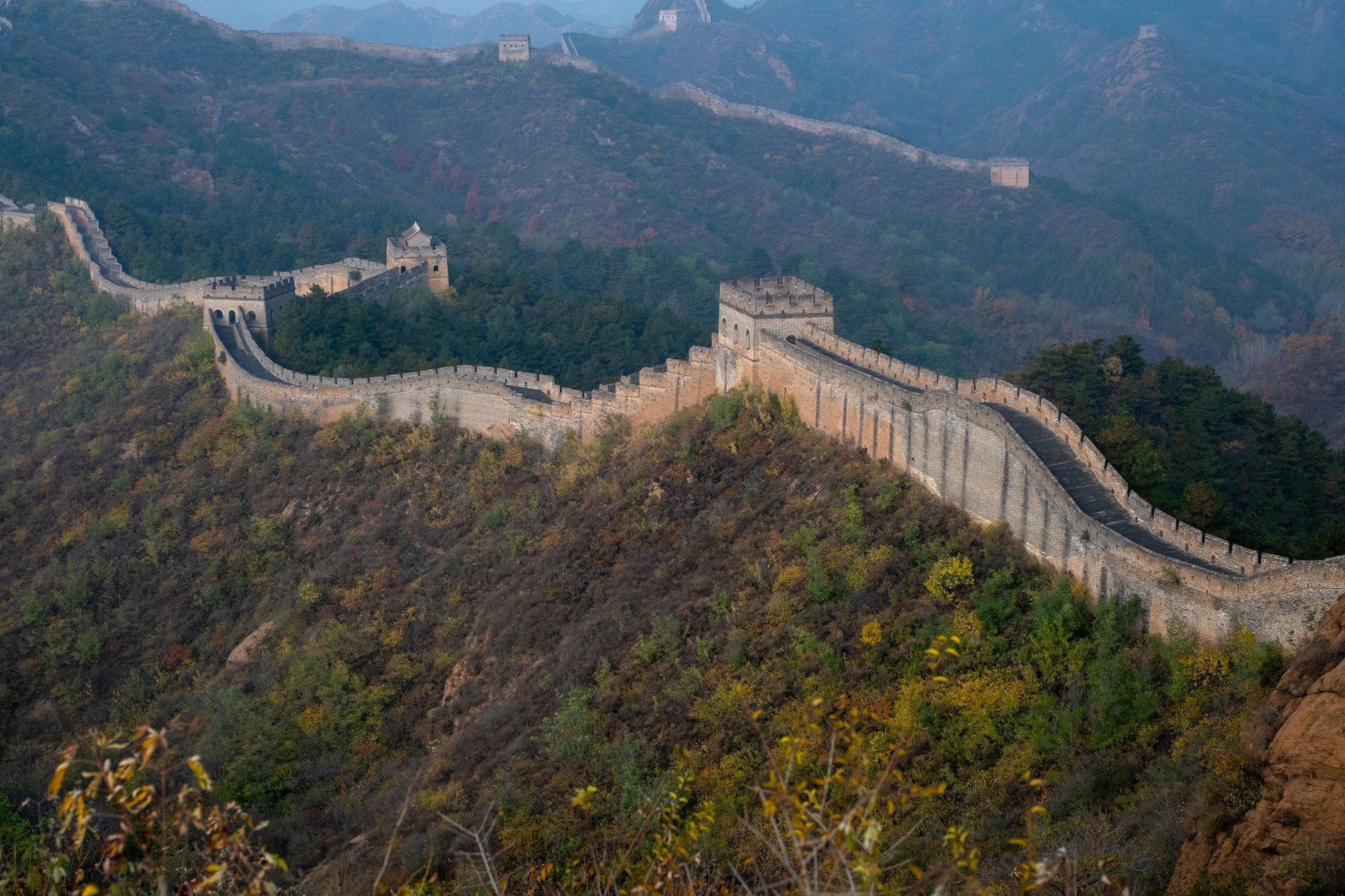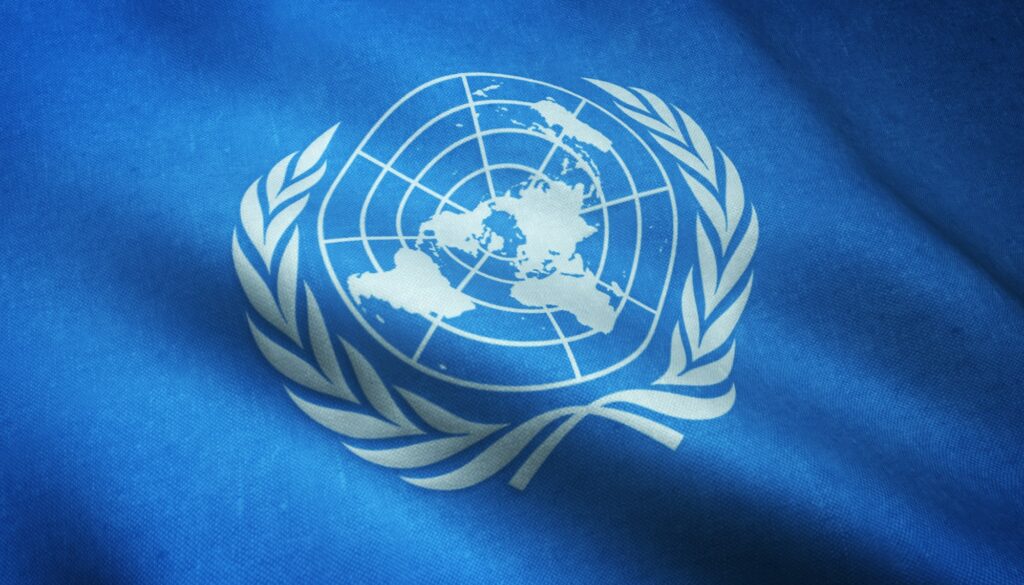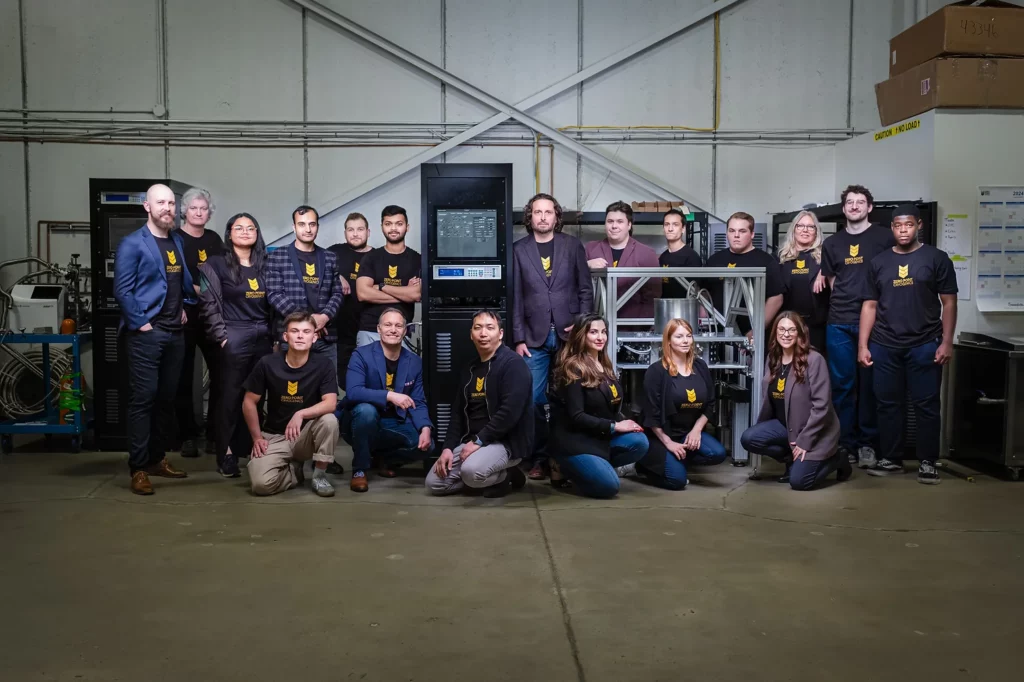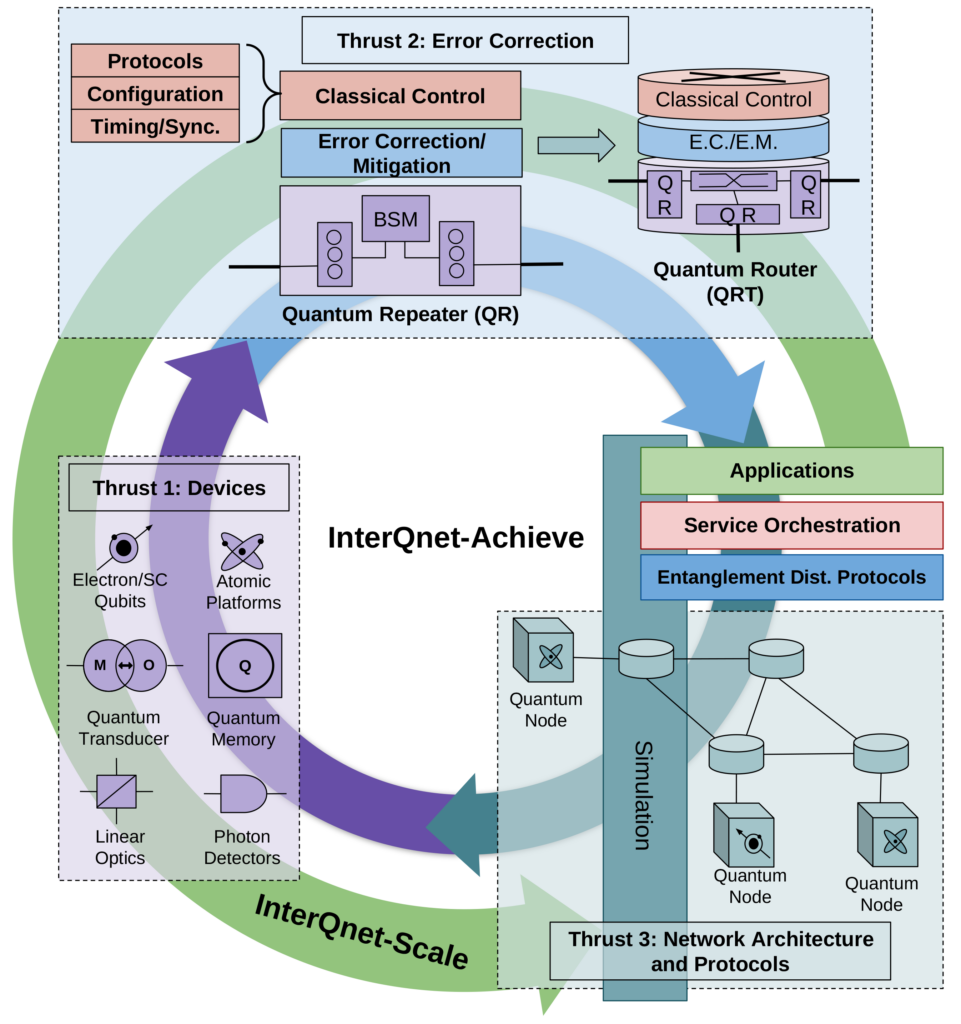Insider Brief
- Physicists in China in the country are labeling the U.S. trade restrictions on the nation’s quantum industry as “unprecedented” and expected to have a “far-reaching impact”.
- The U.S. Commerce Department’s updated export control list was released on May 20, names 22 Chinese quantum research and industrial entities among the 37 Chinese “entities” targeted.
- The updated list includes another leading Chinese quantum firm, Origin Wukong.
The effects of the latest U.S. trade restrictions on China’s quantum research efforts are continuing to ripple around the globe. Those ripples are looking more like major waves and those waves are growing, Asian media sources are suggesting
Physicists in the country are telling the South China Morning Post that the U.S. move is “unprecedented” and expected to have a “far-reaching impact” on Chinese quantum research. The U.S. Commerce Department’s updated export control list was released on May 20, names 22 Chinese quantum research and industrial entities among the 37 Chinese “entities” targeted — including one of China’s leading quantum firms, Origin Wukong.
The additions to the list, officially known as the “Entity List,” are designed to prevent U.S. companies from selling materials and equipment to those targeted entities. This is the second time quantum-related research institutes and companies have been added to the trade blacklist, but the scope is much broader this time, Chinese scientists say.
“Almost all of China’s core strength in quantum information research has been listed,” Yin Zhangqi, a physicist at the Beijing Institute of Technology, told SCMP, describing the impact as “huge.”

The U.S. Department of Commerce’s Bureau of Industry and Security stated that the 22 newly listed institutes and firms were added for acquiring or attempting to acquire U.S.-origin items to enhance China’s quantum capabilities.
“These activities have substantial military applications and pose a significant threat to U.S. national security,” the Bureau said in a statement.
The SCMP also reported that several quantum physicists believe the latest U.S. move could cause major repercussions for quantum research in China, affecting everything from access to advanced equipment to academic exchanges. A scientist surnamed Liu, who works at one of the targeted research institutes, referred to the latest sweep “unprecedented” as it includes almost all Chinese laboratories involved in quantum research. He mentioned that a laser ordered last year from the U.S. might now be held up in customs due to the new restrictions.
One of the companies on the list, Origin Quantum Computing Technology, founded in 2017 by leading quantum physicists from the University of Science and Technology of China (USTC), is a cornerstone of China’s quantum computing research and its industrial applications. USTC, a pioneering institute in domestic quantum research, is known for its steady scientific breakthroughs and support from the local government.
China’s first practical quantum computer was delivered by Origin in 2021, and its first home-grown third-generation superconducting quantum computer, Origin Wukong, was opened to global users in January. Four research centers under the Chinese Academy of Sciences, including the Centre for Excellence in Quantum Information and Quantum Physics, are also on the updated sanctions list.
Other research institutes affected include the Beijing Academy of Quantum Information Sciences, the Shanghai Centre for Quantum Science Research, and the Shenzhen Institute of Quantum Science and Engineering.
Quantum research at USTC has benefited from sending students and researchers to the West for training, Yin from the Beijing Institute of Technology noted. However, the new measures will likely dampen these opportunities. Although the sanctions list was issued by the Commerce Department and not directly related to the U.S. Citizenship and Immigration Services, it indicates that the U.S. might become increasingly strict in granting visas to Chinese students in STEM fields.
SCMP also reported that in recent social media talk, a USTC scientist warned that the continued tightening of U.S. containment measures could have “far-reaching implications” for quantum research in China. He suggested that Chinese researchers might find it more difficult to publish in top academic journals like Nature and Science, as their findings will likely undergo more scrutiny to ensure compliance with U.S. sanctions.
Despite the challenges, Liu reported that the gap between Chinese and Western players in quantum technology is not as wide as in other high-tech sectors like semiconductors and AI. He also mentioned that obstacles to studying overseas might benefit China by retaining academically talented students, which could accelerate scientific progress in the country.


















